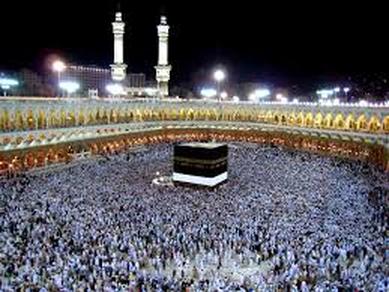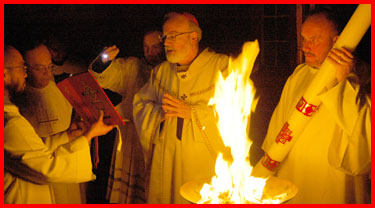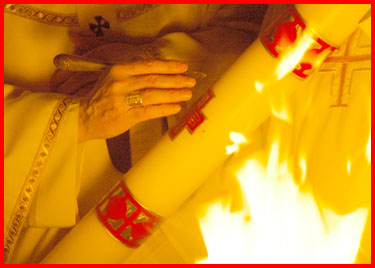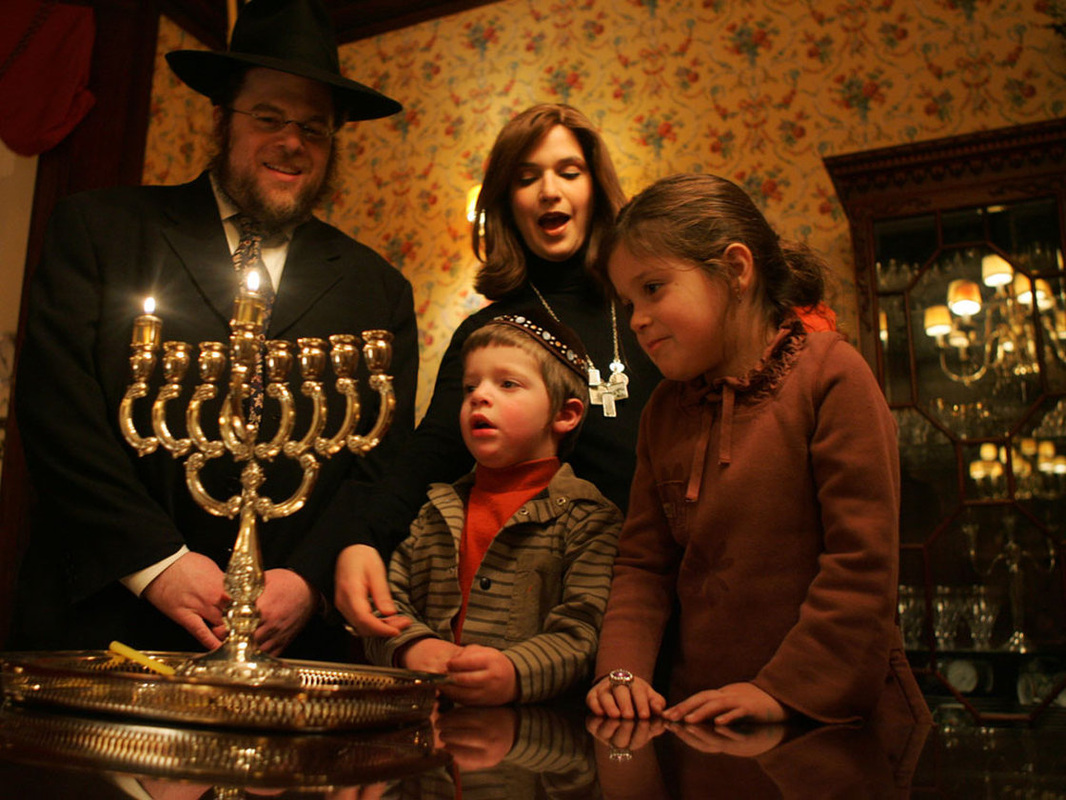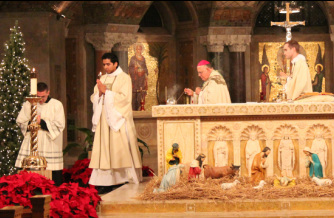 Christmas Mass in a Catholic Church
Christmas Mass in a Catholic Church
ACTIVITY
Work in small groups or as a class group. Each person in the group chooses one of the religions below ISLAM, CHRISTIANITY, BUDDHISM & JUDAISM. Then complete the following tasks:
Work in small groups or as a class group. Each person in the group chooses one of the religions below ISLAM, CHRISTIANITY, BUDDHISM & JUDAISM. Then complete the following tasks:
|
1. Find a calendar wall chart and save it to your documents: Here is the link.
GOOGLE: calendar template wall chart |
2. For your chosen religion research when each of their festivals will take place this year
|
3. Mark these dates in the calendar wall chart
|
4. Compare your findings with other students and add their information to your chart.
|
5. Print and paste the result into your workbook
|
|
ISLAM
Eid-ul-Adha - This festival marks the end of Haj (pilgrimage to Mecca) and also commemorates the Prophet Abraham’s offer to sacrifice his own son Ishmael. An animal is sacrificed. Third is distributed to the poor, the remainder to relatives. Eid-ul-Fitr - This day marks the end of the month of fasting for Muslims (Ramadan). The day is marked with prayers and festivity and presents for children. |
The Prophet Muhammad’s Birthday - Milad-un-Nabi. The day is celebrated with presents, stories and lectures on the life of Muhammad
Ramadan - The Islamic month for fasting from dawn to sunset every day, normally 30 days with the Eid-ul-fitr.
Al-Hijra - start of the Islamic New Year. Commemorates the migration of the Prophet Muhammad from Mecca to Medina, and set up the first Islamic state
Lailat-ul-Bara'h (Night of Forgiveness) is the 15th night of Shabaan and takes place two weeks before Ramadan. It is the time when Muslims seek forgiveness for their sins and believe that on this night one's destiny is fixed for the year ahead
Ramadan - The Islamic month for fasting from dawn to sunset every day, normally 30 days with the Eid-ul-fitr.
Al-Hijra - start of the Islamic New Year. Commemorates the migration of the Prophet Muhammad from Mecca to Medina, and set up the first Islamic state
Lailat-ul-Bara'h (Night of Forgiveness) is the 15th night of Shabaan and takes place two weeks before Ramadan. It is the time when Muslims seek forgiveness for their sins and believe that on this night one's destiny is fixed for the year ahead
CHRISTIANITY
|
All Saints Day - All Hallows, All Martyrs. This day provides a chance to offer thanks for the work and witness of all saints.
All Souls Day - On this day the departed are remembered and prayed for. Ascension - The day marks 40 days since Easter and commemorates the last appearance of the risen Christ who ascends into heaven. Ash Wednesday - First day of the Lenten Fast, name gained from ancient customs of sprinkling ashes over penitents head. The Assumption - Feast where the Virgin Mary is accepted into heaven to sit by Christ. |
Christmas - Celebrates the birth of Jesus who Christians believe to be the Son of God. Christians focus on the incarnation of God becoming a man in this major festival.
Lent - A period of 40 days of fasting in preparation for Easter. Christians traditionally give up something to remember the 40 days Jesus spent in the wilderness which ends on Easter Day. Palm Sunday - The first day of Holy Week which remembers Jesus’ last week of earthly life. The day is commemorated with processions with congregations carrying palm fronds or tree branches to remember Jesus’ entry to Jerusalem where he would be crucified |
Shrove Tuesday - Day set aside to go to church for confession, repentance and to be absolved of all sins.
Pentecost - Birthday of the Church. Followers of Jesus Christ first received the Holy Spirit and produced the Gospel
Good Friday - This day commemorates the crucifixion of Jesus.
Easter - Resurrection of Christ. Easter is joyous with Easter eggs and spring symbols to represent new life.
Holy Saturday - The last day of Lent. Special services are held which include the lighting of the Paschal Candle and baptismal vows are renewed.
Easter Sunday - Jesus’ resurrection is celebrated. Easter eggs are given as a celebration of new life.
Corpus Christi- Feast to celebrate the Body of Christ. Bread and wine are significant on this feast.
Epiphany - this is the twelfth day of Christmas and celebrates the coming of the Wise Men (Magi) to the infant Jesus.
Pentecost - Birthday of the Church. Followers of Jesus Christ first received the Holy Spirit and produced the Gospel
Good Friday - This day commemorates the crucifixion of Jesus.
Easter - Resurrection of Christ. Easter is joyous with Easter eggs and spring symbols to represent new life.
Holy Saturday - The last day of Lent. Special services are held which include the lighting of the Paschal Candle and baptismal vows are renewed.
Easter Sunday - Jesus’ resurrection is celebrated. Easter eggs are given as a celebration of new life.
Corpus Christi- Feast to celebrate the Body of Christ. Bread and wine are significant on this feast.
Epiphany - this is the twelfth day of Christmas and celebrates the coming of the Wise Men (Magi) to the infant Jesus.
BUDDHISM
Bohdi Day - Celebrates Gantama’s attainment of Enlightenment under the Bodhi Tree in Bodhganja.
Vaisakha/Puja/Wesak - Theravadin celebrate the birth of enlightenment and final passing away of Gantama Buddha
Happy Losar (Tibetan New Year). Tibetans all over the world celebrated Tibetan New Year on Sunday, February 6th. The word Losar is a Tibetan word for New Year LO means year and SAR means new
Chokhor Duchen, commemorating the first teaching of the Four Noble Truths by the Buddha. This is celebrated on the fourth day of the sixth Tibetan lunar month, usually in July--shortly after the Dalai Lama's birthday on July 6..
Saga Dawa is the name of the 4th month)is one of the most important religious festivals for the Tibetan Buddhists. It commemorates the Buddha's conception, enlightenment and passing away and the day is full of activity around the monasteries. It falls on May 26, 2002.
|
JUDAISM
Hanukah - Celebrates the rededication of the Temple in Jerusalem after it was recaptured from the Syrian Greeks by the Maccabee brothers in 165BC. For the eight evenings of the festival, candles are lit from right to left in a hanukkiah, a nine-branched menorah - one candle for each evening. The ninth candle is the shamash (servant) candle from which the others are lit. Rosh Hashana - Creation of the world - begins 10 days of repentance and self examination during which God sits in judgement. |
Passover - Recalls the Exodus of the Israelites from Egypt and celebrating the barley harvest. Unleaven bread is eaten with a special meal (Sedar), with food, prayers, games and song.
Shavuot - Celebrates the revelation of the Torah on Mount Sinai, a wheat harvest.
Sukkot - Harvest festival which commemorates the 40 years in the wilderness on the way from Egypt to Israel.
Yom Kipper - Day of Atonement. The last day of 10 days of repentance and the holiest day of the year with fasting and prayer.
Purim is one of the most joyous and fun holidays on the Jewish calendar. It commemorates a time when the Jewish people living in Persia were saved from extermination
Shavuot - Celebrates the revelation of the Torah on Mount Sinai, a wheat harvest.
Sukkot - Harvest festival which commemorates the 40 years in the wilderness on the way from Egypt to Israel.
Yom Kipper - Day of Atonement. The last day of 10 days of repentance and the holiest day of the year with fasting and prayer.
Purim is one of the most joyous and fun holidays on the Jewish calendar. It commemorates a time when the Jewish people living in Persia were saved from extermination
